
Similar Posts
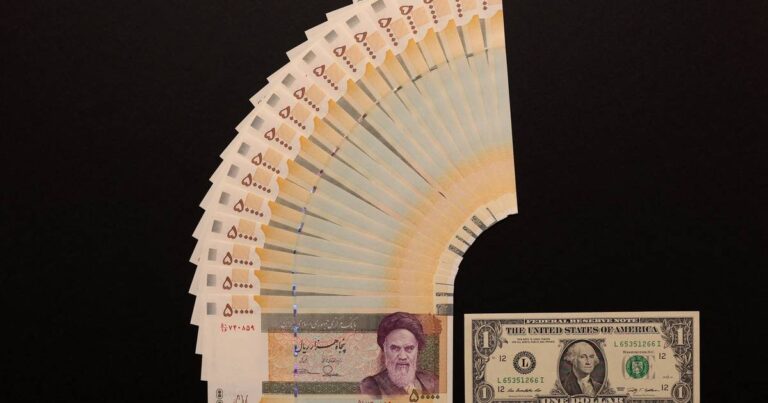
Iran’s Rial Crashes to Historic Low: Surpasses 1 Million per Dollar in Unprecedented Freefall
Iran’s currency, the rial, has plummeted to a record low of 1,039,000 rials per US dollar, exacerbating the country’s economic crisis amid stalled nuclear negotiations with the US. Since President Masoud Pezeshkian took office in August, the rial’s value has halved, driven down by US sanctions, geopolitical tensions, and a challenging political climate. Inflation rates have soared above 40%, with essential goods experiencing price increases of nearly 100%. The Iranian government faces mounting pressure to implement reforms as citizens express growing concern over their financial stability and the future of the economy.
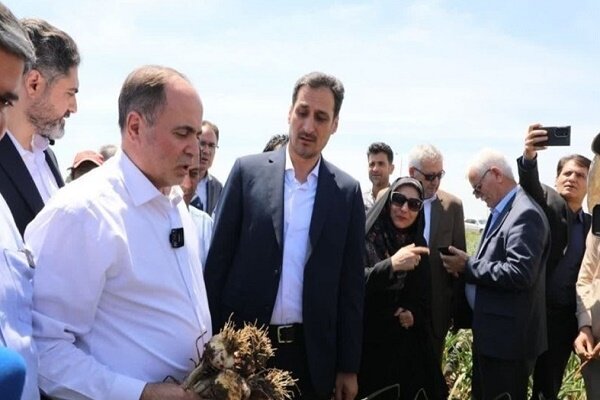
Iran to Host Groundbreaking ECO Ministerial Meeting: A Focus on Regional Cooperation and Development
Iran’s Minister of Agriculture, Gholamreza Nouri Qezelje, announced a forthcoming ministerial meeting of the Economic Cooperation Organization (ECO) in Iran during late summer, focusing on food security, agricultural trade, and regional cooperation. This event aims to enhance agricultural practices among member states, with a strategic plan outlining a 10-year cooperation framework. Key discussion areas include improving food production, veterinary medicine, and biotechnology. The meeting presents an opportunity for ECO members to share best practices and foster partnerships, ultimately addressing regional food challenges and promoting sustainable agricultural development. The collaboration is expected to bolster the agricultural sector in the Eurasian region.

Shanghai Financial Hub: Key Player in SCO Members’ Strategic Initiatives
During the Tehran Dialogue Forum 2025, President Pezeshkian and Secretary-General Zhang Ming discussed the future of the Shanghai Cooperation Organization (SCO). Pezeshkian advocated for transforming the SCO from a ceremonial body into a more operational institution to achieve its objectives, particularly during China’s presidency. He emphasized the importance of expanding membership to counter US unilateralism. Zhang supported Iran’s membership, highlighting its positive contributions. Both leaders stressed the need for operational programs to enhance efficiency and modernize the SCO’s structures. Their discussions reflect a commitment to regional cooperation, aiming to strengthen the organization’s role in addressing global challenges.
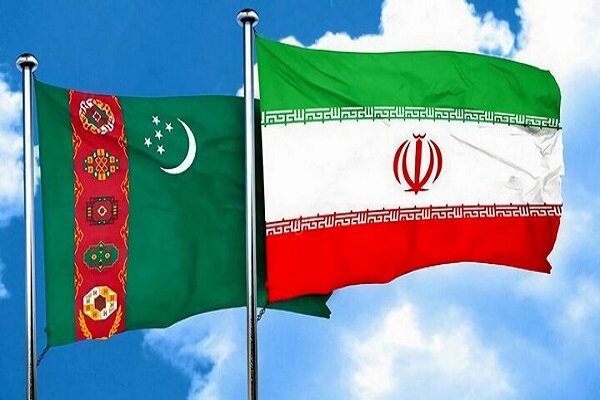
Turkmenistan Foreign Minister’s Tehran Visit Sparks New Bilateral Talks
Iranian Foreign Ministry Spokesman Esmaeil Baghaei announced that Turkmenistan’s foreign minister will visit Iran, aiming to strengthen ties between the two nations. The visit, prompted by an invitation from Iranian Foreign Minister Abbas Araghchi, will involve high-level meetings focusing on political and economic cooperation. The Turkmen foreign minister also chairs the Iran-Turkmenistan Joint Economic Cooperation Commission, which seeks to enhance economic collaborations through various projects. Historically, Iran and Turkmenistan have maintained strong diplomatic relations, engaging in trade, energy, and infrastructure development. This visit is expected to foster stability and promote mutual benefits for both countries.
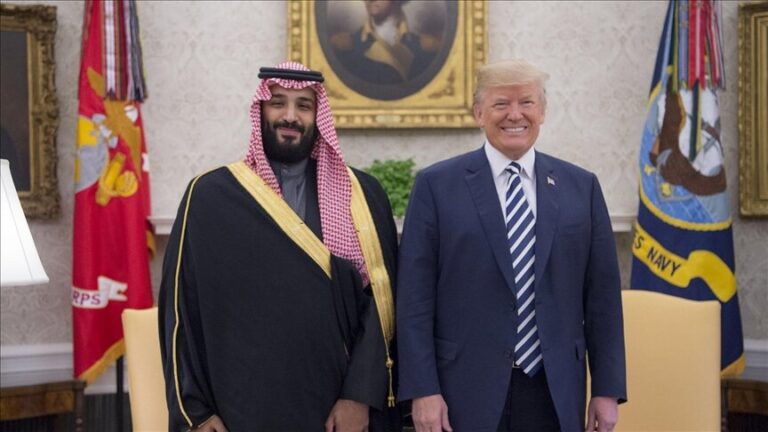
Saudi Arabia Unveils $600 Billion Investment Plan to Boost Trade Ties with the U.S.
Saudi Arabia’s Crown Prince Mohammed bin Salman and US President Donald Trump held their first phone call, marking a significant step in enhancing bilateral cooperation. The leaders discussed key issues such as promoting peace and stability in the Middle East, combating terrorism, and strengthening economic ties. Bin Salman congratulated Trump on his inauguration and revealed plans for Saudi Arabia to invest around $600 billion in the US. This conversation highlights the strategic importance of US-Saudi relations and sets the stage for future collaboration on regional challenges, with implications likely to resonate across both countries and the broader Middle East.
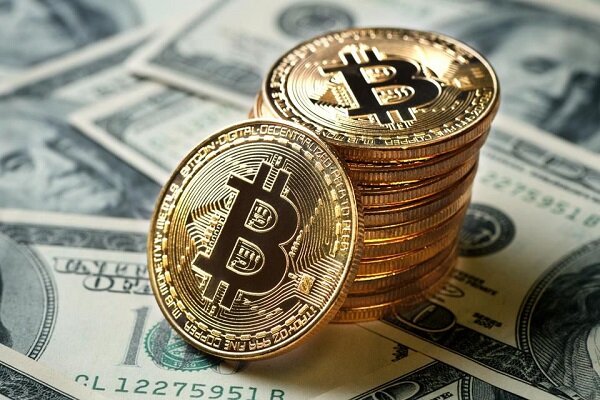
Bitcoin Dips Below $80,000 for the First Time Since November 10: What This Means for Investors
Bitcoin has experienced notable price fluctuations recently, dropping 6.08% to $75,555 before rebounding to $80,786, reflecting a 4.63% decline from its previous high. This volatility is characteristic of the cryptocurrency market, influenced by factors such as market demand, regulatory news, and global economic conditions. Bitcoin operates on a decentralized blockchain network, allowing peer-to-peer transactions without central authority, where miners validate transactions and earn Bitcoin. As investors consider Bitcoin, its potential for long-term growth and the inherent risks of market volatility remain critical points of discussion in the evolving financial landscape.